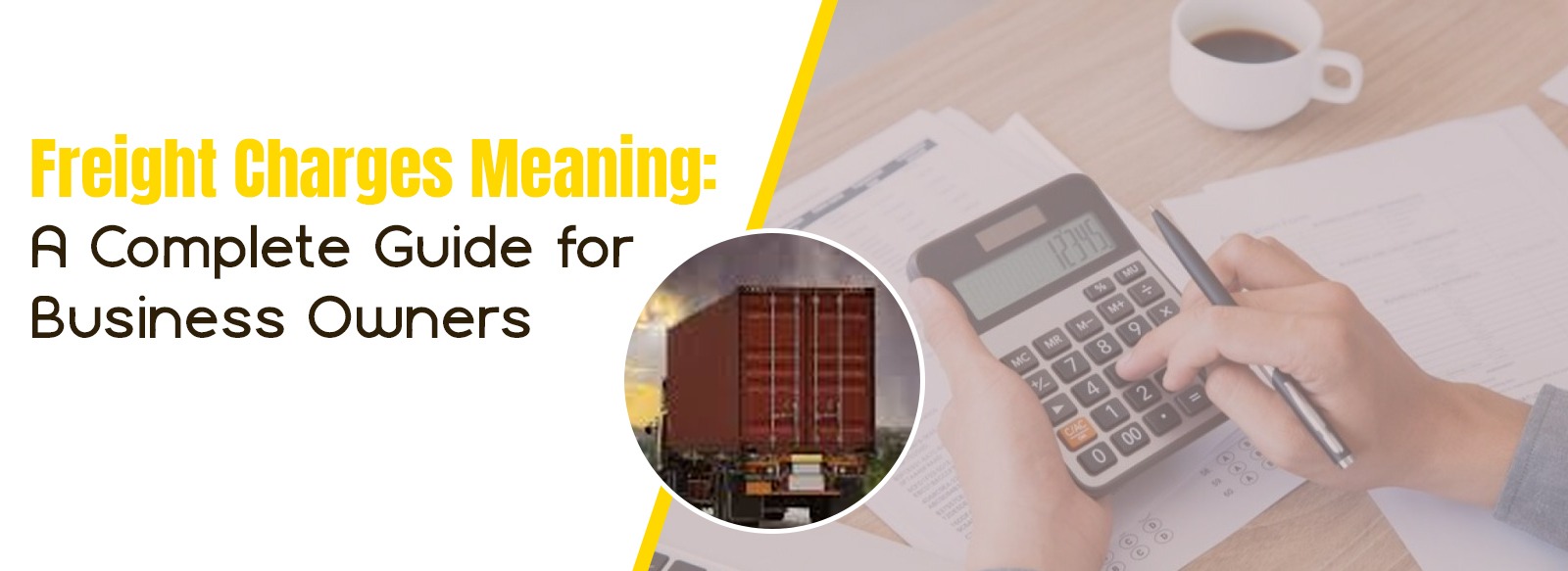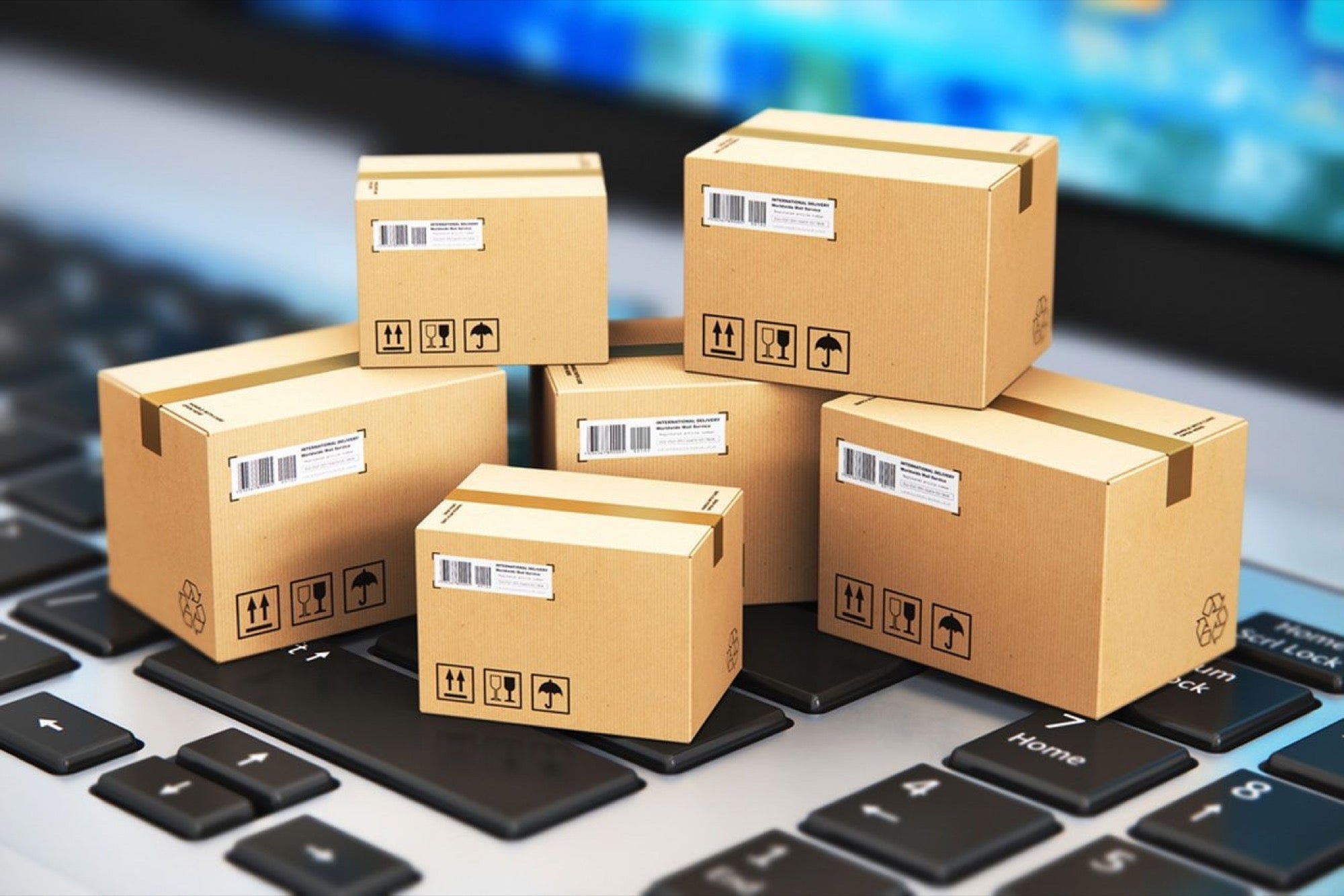Freight Charges Meaning: A Complete Guide for Business Owners
For any business that ships goods—whether across cities or continents—freight charges are a key part of the logistics equation. Understanding what these charges mean, how they’re calculated, and how to manage them can help you control costs, set accurate pricing, and ensure smooth operations. In this guide, we break down everything business owners need to know about freight charges, with insights from Jyoti Freight’s expertise in Rajasthan’s logistics landscape.
1. Infrastructure Bottlenecks
The Challenge:
India’s rapid urbanization and growing trade volumes have put immense pressure on roads, highways, and rail networks. In Rajasthan, traffic congestion—especially in cities like Jaipur and Kota—can cause delivery delays and increase fuel consumption, raising logistics costs.
How to Overcome:
- Route Optimization: Jyoti Freight uses local expertise and advanced planning to avoid congested routes and peak traffic hours.
- Strategic Warehousing: By placing warehouses close to major client hubs, we reduce last-mile delivery times and costs.
- Continuous Monitoring: Our team tracks traffic and infrastructure updates to adjust delivery plans in real time.
2. Rising Fuel and Transportation Costs
The Challenge:
Fluctuating fuel prices, new environmental regulations, and increased operational expenses have made freight transportation more expensive than ever. Rising operational expenses frequently impact both businesses and end consumers.
How to Overcome:
- Efficient Fleet Management: Jyoti Freight maintains a modern, fuel-efficient fleet and trains drivers in eco-friendly practices.
- Consolidated Shipments: We encourage clients to combine shipments, maximizing truck loads and minimizing trips.
- Transparent Pricing: Our competitive, upfront rates help businesses plan logistics budgets with confidence.
3. Labor Shortages and Capacity Constraints
The Challenge:
A lack of skilled drivers, warehouse personnel, and logistics experts can result in delays, reduced efficiency, and higher labor expenses.
How to Overcome:
- Staff Training: Jyoti Freight invests in continuous training and skill development for our team.
- Flexible Scheduling: We offer flexible pickup and delivery windows to optimize driver utilization.
- Technology Integration: Automation in warehousing and digital scheduling tools help us do more with less.
4. Last-Mile Delivery Challenges
The Challenge:
Delivering goods to the final destination—especially in densely populated or remote areas—remains one of the most complex and costly parts of the logistics chain. Poor road conditions, address inaccuracies, and urban congestion can all cause delays.
How to Overcome:
- Local Expertise: Our deep roots in Rajasthan allow us to navigate tricky last-mile routes efficiently.
- Real-Time Tracking: Jyoti Freight provides customers with shipment updates, ensuring transparency and proactive problem-solving.
- Flexible Delivery Options: We offer scheduled and express delivery to match business and customer needs.
What Are Freight Charges?
Freight charges are the fees paid for transporting goods from one location to another. These charges are typically paid to a carrier or logistics provider, such as Jyoti Freight, and cover the movement of cargo by road, rail, air, or sea. Think of freight charges as the “ticket price” for your products to travel from your warehouse to your customer’s doorstep.
Why Understanding Freight Charges Matters
- Product pricing: Shipping costs must be factored into your final price to maintain healthy margins.
- Customer satisfaction: Transparent, predictable delivery fees help manage customer expectations.
- Profitability: Efficient logistics and cost management can give your business a competitive edge.
Key Components of Freight Charges
- Base Transport Cost: The fundamental cost to move goods from point A to B, calculated by weight, volume, or distance.
- Fuel Surcharge: Adjusts for fluctuating fuel prices, which can significantly impact overall shipping costs.
- Handling Fees: Charges for loading, unloading, or special handling of sensitive or oversized items.
- Tolls and Taxes: Costs incurred on certain routes or in specific regions.
- Insurance: Optional, but recommended for valuable or fragile shipments to cover potential loss or damage.
- Accessorial Charges: Extra fees for special services like inside delivery, use of a liftgate, or delivery to residential areas.
How Are Freight Charges Calculated?
Freight charges typically depend on several factors:
| Factor | Impact on Charges |
|---|---|
| Mode of Transport | Air is fastest but most expensive; sea is slowest but best for large volumes; road is ideal for regional deliveries. |
| Distance | Longer distances generally mean higher charges. |
| Weight & Volume | Heavier and bulkier shipments cost more; many carriers use dimensional weight. |
| Type of Goods | Hazardous, perishable, or high-value goods may incur extra fees. |
| Urgency | Faster shipping options, such as express or same-day delivery, typically come at a premium compared to standard delivery. |
| Seasonal Impact | Freight rates often rise during peak periods like holidays and festivals due to high demand and limited capacity. |
Example: Transporting 100 tons of goods over 1,000 kilometers at a rate of ₹1/ton-kilometer would cost ₹100,000.
Types of Freight Charges
- Prepaid Freight: In this arrangement, the sender covers the shipping costs upfront before the goods are dispatched.
- Collect Freight: The receiver pays upon delivery.
- Third-Party Billing: A third party (such as a logistics provider or intermediary) pays the charges.
Tips for Managing Freight Charges
- Shipment Consolidation: Merging multiple orders into a single shipment can significantly reduce per-unit freight expenses.
- Plan Ahead: Avoid last-minute or express shipping whenever possible.
- Negotiate Rates: Long-term partnerships with logistics providers like Jyoti Freight can lead to better rates and terms.
- Use Technology: Real-time tracking and digital documentation help prevent delays and additional costs.
- Review Invoices: Regularly audit freight bills to catch errors or unnecessary surcharges.
How Jyoti Freight Helps Businesses Optimize Freight Charges
- Offer transparent, competitive pricing with no hidden charges.
- Provide tailored logistics solutions—whether you need regular parcel delivery between Jaipur and Kota or bulk cargo transport across Rajasthan.
- Use advanced route planning and local expertise to minimize costs and ensure timely deliveries.
- Support your supply chain with warehousing, inventory management, and real-time updates for complete peace of mind.
Conclusion
Freight charges are more than just a line item on your invoice—they’re a crucial part of your business’s logistics strategy. By understanding how these charges work and partnering with a reliable provider like Jyoti Freight, you can control costs, improve efficiency, and keep your customers happy.



